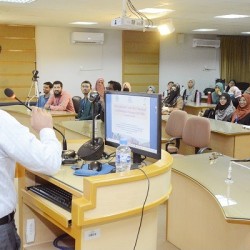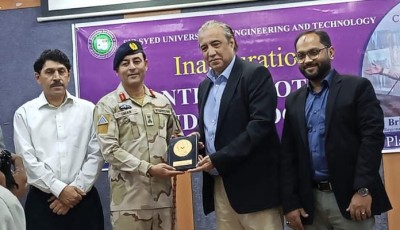KARACHI: The Pakistan Islamic Medical Association (PIMA) has voiced strong opposition to the recently passed Sindh Universities Amendment Act 2025, which allows for the appointment of bureaucrats as Vice Chancellors (VCs) of public sector universities.
In a strongly worded statement, PIMA cautioned that replacing academic professionals with administrative officers would further erode the quality, autonomy, and global relevance of higher education in Sindh. The association outlined the following key concerns:
- Limited Academic Insight:
Bureaucrats, while experienced in governance, generally lack the academic grounding necessary for effective leadership in higher education. Their unfamiliarity with curriculum design, global academic trends, and innovations in artificial intelligence, biotechnology, and digital learning may hinder progress. - Erosion of Academic Legitimacy:
Academic leaders typically earn their positions through decades of scholarship, research, teaching, and mentorship. In contrast, bureaucratic appointees may lack the academic credibility required to inspire faculty or uphold standards of scholarly excellence. - Reduced Global Engagement:
Academically qualified VCs often bring international linkages and research collaboration opportunities. Bureaucratic leadership risks weakening these ties, resulting in a decline in research productivity and global partnerships. - Policy Overreach and Misalignment:
Bureaucrats may focus on procedural controls and political alignments at the expense of institutional development. This could stall faculty advancement, infrastructure growth, and interdisciplinary innovation—areas vital to global academic competitiveness.
“Substituting scholars with administrators threatens to turn universities into bureaucratic bodies, devoid of intellectual vitality and academic excellence,” PIMA stated.
The association called upon the Sindh government to urgently reconsider and revoke this legislation, and to uphold the principle that public universities must be led by individuals with proven academic credentials and a vision for advancing higher education.











